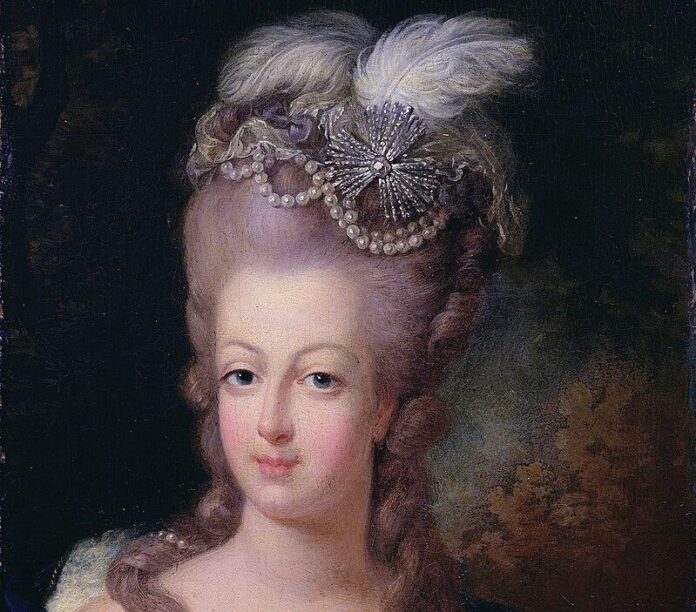Marie Antoinette, the last queen of France before the French Revolution, continues to captivate the imagination with her extravagant lifestyle, tumultuous reign, and tragic fate. While she is often portrayed as a symbol of excess and aristocratic privilege, there are several surprising aspects of her life and personality that shed new light on this enigmatic figure. Here are three surprising facts about Marie Antoinette.
Philanthropic Endeavors
Despite her reputation for extravagance, Marie Antoinette was deeply involved in charitable activities and philanthropic endeavors throughout her life. Contrary to popular belief, she dedicated significant time and resources to supporting various charitable organizations and initiatives aimed at alleviating the suffering of the less fortunate. Marie Antoinette was particularly passionate about improving the lives of disadvantaged women and children, establishing hospitals, orphanages, and educational institutions to provide assistance and opportunities for those in need. Her charitable efforts, often conducted discreetly to avoid public scrutiny, highlight a lesser-known aspect of her character characterized by compassion and empathy.
Political Influence
While Marie Antoinette is often portrayed as a frivolous and politically insignificant figure, she wielded considerable influence within the French court and played an active role in shaping political decisions during her reign. Despite her Austrian heritage and initial difficulties adapting to the intricacies of French court politics, Marie Antoinette gradually emerged as a key advisor to her husband, King Louis XVI, and exerted influence over matters of state. She participated in diplomatic negotiations, lobbied for the appointment of certain ministers, and engaged in behind-the-scenes maneuvering to advance her political agenda. Marie Antoinette’s political acumen and assertiveness challenged traditional gender roles and expectations, earning her both admiration and criticism from her contemporaries.
Interest in the Arts and Culture
Beyond her reputation for opulent fashion and lavish parties, Marie Antoinette possessed a genuine appreciation for the arts and culture. Despite her limited formal education, she displayed a keen interest in literature, music, and the visual arts, surrounding herself with talented artists, writers, and musicians at the royal court. Marie Antoinette supported emerging artists and composers, patronizing their work and commissioning projects to promote cultural innovation and creativity. Her personal tastes and preferences influenced the aesthetic trends of the time, inspiring new styles in fashion, interior design, and decorative arts. Marie Antoinette’s patronage of the arts reflected her desire to cultivate a sophisticated and refined image, while also contributing to the vibrant cultural landscape of 18th-century France.

